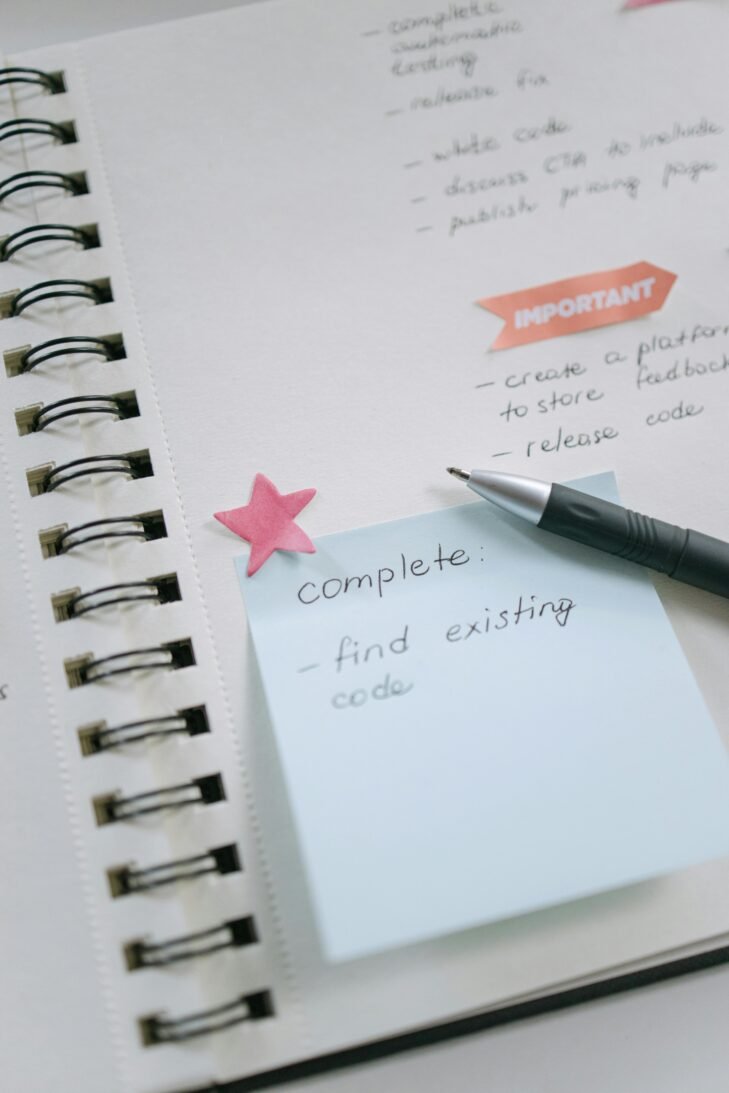6 Ways to Master Time: A Human-Centered Approach to Time Management

In today’s fast-paced world, time management has become an essential skill. We juggle endless tasks, manage tight deadlines, and strive to balance work and personal lives. Yet, most time management strategies treat us as if we’re machines—focusing solely on productivity without taking into account the human element. We’re more than robots designed to churn out work, so our approach to time should reflect that reality.
Here’s the truth: effective time management isn’t just about doing more. It’s about finding balance, prioritizing well-being, and working in harmony with your natural energy flow. By incorporating human-centered strategies, you can manage time in a way that helps you stay productive without sacrificing your health or happiness. Here are six practical strategies to get you started.
1. Prioritize Wellness Alongside Productivity

Productivity shouldn’t come at the cost of your well-being. Too often, we push ourselves to keep working even when our bodies and minds are crying out for a break. But here’s the thing: time management should help us thrive, not burn out.
Make time for self-care in your daily schedule. Whether it’s short breaks to stretch, moments to meditate, or even something as simple as hydrating, these small acts of wellness can lead to big boosts in your productivity. When you’re mindful of your physical and mental health, you’ll not only perform better but feel more fulfilled at the end of the day.
Think of it this way: You’re not just managing time; you’re managing energy. When you prioritize wellness, your productivity becomes sustainable rather than exhausting.
2. Embrace Flexibility Without Losing Focus

Time Management
Life rarely goes according to plan, and that’s okay. Rigid schedules can cause unnecessary stress when things don’t go as expected. Instead, a more human-centered approach is to embrace flexibility.
Give yourself permission to shift tasks when priorities change or unexpected events occur. Think of your schedule as a guide, not a strict set of rules. Flexibility doesn’t mean losing focus; it’s about staying adaptable and adjusting in a way that helps you maintain control over your time, even when things get unpredictable.
Adaptability reduces stress and keeps you productive when the unexpected happens. It’s about managing the chaos while maintaining progress.
3. Discover Your Peak Performance Hours

Not everyone’s productive at the same time. While some people are most efficient in the early morning, others might thrive late at night. Identifying your own peak performance hours can transform the way you manage your day.
Spend a week or two tracking your energy and focus throughout the day. When do you feel most alert? When do you hit that afternoon slump? Align your most important tasks with the times when your energy and focus are at their highest. This way, you’re working with your natural rhythm instead of fighting against it. For tips on how to effectively monitor and analyze your energy patterns, check out this helpful guide in tracking time management.
Scheduling your most demanding tasks during your peak hours will maximize your efficiency, allowing you to get more done in less time. When your energy dips, use that period for lighter tasks that don’t require as much mental effort.
4. Practice Self-Compassion: Perfection is a Myth
No matter how carefully you plan, things will go wrong. Tasks might take longer than expected, deadlines might slip, or something completely unplanned may derail your day. The key to human-centered time management is realizing that perfection is not the goal.
Be kind to yourself when things don’t go perfectly. Self-compassion helps you bounce back faster from setbacks and keeps you motivated. Instead of feeling guilty about what didn’t get done, focus on what you did accomplish and how you can adjust moving forward.
Time management isn’t about flawless execution—it’s about making progress while honoring your own limits and needs.
5. Batch Similar Tasks to Maintain Focus
One of the biggest productivity killers is constantly switching between different types of tasks. When you jump from one kind of work to another, your brain needs time to adjust, which can slow you down. That’s why batching similar tasks together is such an effective time management strategy.
For example, set aside specific blocks of time to respond to emails, attend meetings, or do creative work. Grouping similar tasks minimizes mental transitions and keeps you in the same mode of thinking for longer, which improves focus and efficiency.
By organizing your work into batches, you stay more engaged, avoid feeling scattered, and save valuable time.
6. Celebrate Every Win, Big or Small
How often do you complete a task, immediately move on to the next, and forget to even acknowledge your accomplishment? When we focus only on the big goals, we overlook the small victories that happen along the way. But every win, no matter how small, deserves recognition.
Celebrating small successes helps build positive momentum and keeps you motivated. Whether it’s finishing a major project or simply organizing your workspace, take a moment to reflect on your progress. Acknowledging these wins helps you stay focused on the journey, not just the destination.
Progress doesn’t always come in giant leaps—it often happens in small, steady steps. When you celebrate those steps, you’re more likely to keep moving forward with confidence and energy. For more insights on improving your productivity, check out our previous newsletter: Boost your Productivity: 9 Simple Tips to Enhance Efficiency.
Final Thoughts
Mastering time is about so much more than simply squeezing more tasks into your day. It’s about understanding how your energy works, aligning your goals with your well-being, and creating a sustainable flow that nurtures both your productivity and your mental health. The rigid, hustle-focused time management strategies of the past don’t work for everyone. Instead, we need approaches that embrace flexibility, self-compassion, and human needs.
By shifting your mindset and applying these six strategies—prioritizing wellness, embracing flexibility, recognizing peak performance hours, practicing self-compassion, batching tasks, and celebrating your wins—you can create a more balanced and fulfilling relationship with time. The truth is, time management isn’t a one-size-fits-all solution. What works for one person may not work for another, and that’s okay. It’s all about finding what works for you and adapting it to your lifestyle.
It’s important to recognize that productivity isn’t just about checking off every item on your to-do list—it’s about creating meaningful progress without sacrificing your health or well-being. This human-centered approach allows you to be productive in a way that feels good, not just in the moment, but over the long term.
So, take a moment to reflect on how you’re currently managing your time. Are you feeling overwhelmed or constantly behind, or are you creating space for balance and flexibility in your day? Start by incorporating just one or two of these strategies, and see how they make a difference. Over time, you’ll find yourself working not only more efficiently but also more mindfully, with greater clarity and less stress.
Remember, time is not just a resource to be managed—it’s part of the rhythm of your life. When you approach it with intention, balance, and self-compassion, you’ll not only accomplish more but also enjoy the journey along the way.
It’s time to stop seeing time management as a battle to be won and start embracing it as a way to support your growth, well-being, and success.












